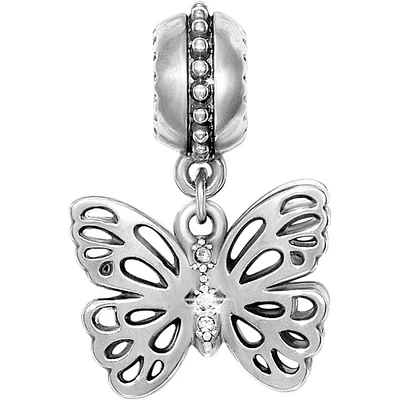Home
Chopin: Secret Garden
Barnes and Noble
Chopin: Secret Garden
Current price: $23.99


Barnes and Noble
Chopin: Secret Garden
Current price: $23.99
Size: OS
Loading Inventory...
*Product information may vary - to confirm product availability, pricing, shipping and return information please contact Barnes and Noble
The "
secret garden
" alluded to in the title of this release by pianist
Francois-Frederic Guy
is from the perspective of
Guy
alone, who has specialized in
Beethoven
and
Brahms
, and never before recorded
Chopin
. Actually, the music is quite familiar, and several of
's greatest hits are included. Instead, it is the performances that are distinctive, and they rely on the instrument used, a 1905
Pleyel
piano. One might call it a semi-historical performance, with an older piano but not one from
's time; the latter,
rightly points out in the interview-format booklet, would be something requiring dedicated study. The
is an interesting beast, with a deeply resonant bass and a more delicate top.
talks in the booklet about the unique difficulties of finding a balance between the two, and the results are indeed unusual. His readings in the smaller, quieter pieces have an evocative sense of mystery; sample the
Nocturne in C minor, Op. 48, No. 1
, for an idea. In the bigger works, as
puts it, there isn't much "power in reserve" in the treble, and those used to this music on a modern piano will need some retuning of the ears, but consider the faster passages of the
Piano Sonata No. 3 in B minor, Op. 58
, for a taste of the remarkable fluidity of this piano, quite unlike the pounding
Steinways
on which the work is usually played. There is a case to be made that historical-instrument players shouldn't simply try to match the instrument with the music chronologically, that a composer often had a sound ideal that would be realized only some decades in the future. That case is illustrated convincingly by
here. ~ James Manheim
secret garden
" alluded to in the title of this release by pianist
Francois-Frederic Guy
is from the perspective of
Guy
alone, who has specialized in
Beethoven
and
Brahms
, and never before recorded
Chopin
. Actually, the music is quite familiar, and several of
's greatest hits are included. Instead, it is the performances that are distinctive, and they rely on the instrument used, a 1905
Pleyel
piano. One might call it a semi-historical performance, with an older piano but not one from
's time; the latter,
rightly points out in the interview-format booklet, would be something requiring dedicated study. The
is an interesting beast, with a deeply resonant bass and a more delicate top.
talks in the booklet about the unique difficulties of finding a balance between the two, and the results are indeed unusual. His readings in the smaller, quieter pieces have an evocative sense of mystery; sample the
Nocturne in C minor, Op. 48, No. 1
, for an idea. In the bigger works, as
puts it, there isn't much "power in reserve" in the treble, and those used to this music on a modern piano will need some retuning of the ears, but consider the faster passages of the
Piano Sonata No. 3 in B minor, Op. 58
, for a taste of the remarkable fluidity of this piano, quite unlike the pounding
Steinways
on which the work is usually played. There is a case to be made that historical-instrument players shouldn't simply try to match the instrument with the music chronologically, that a composer often had a sound ideal that would be realized only some decades in the future. That case is illustrated convincingly by
here. ~ James Manheim


















